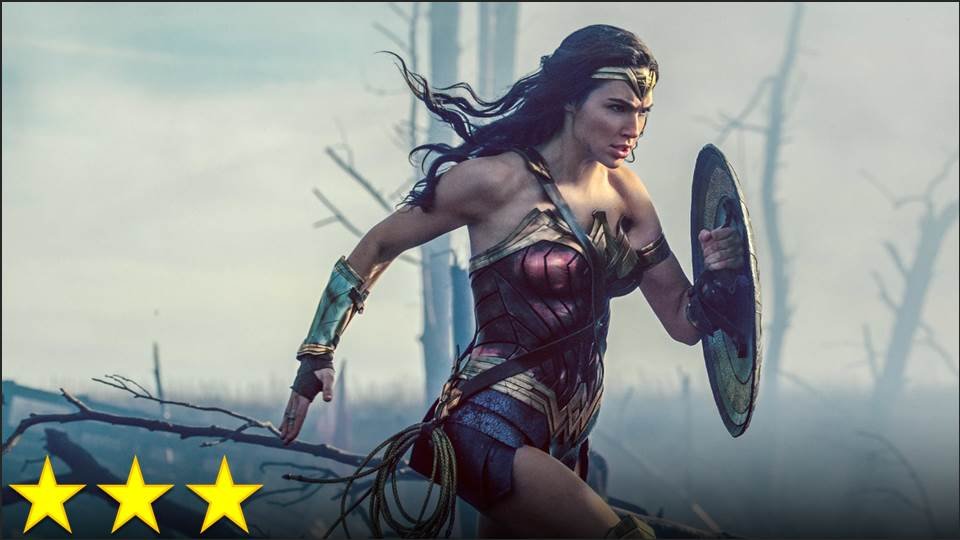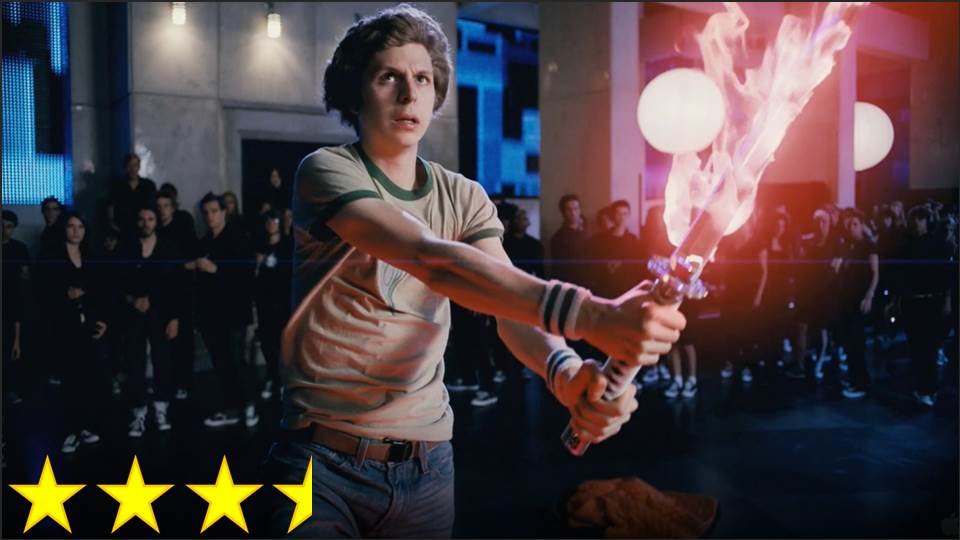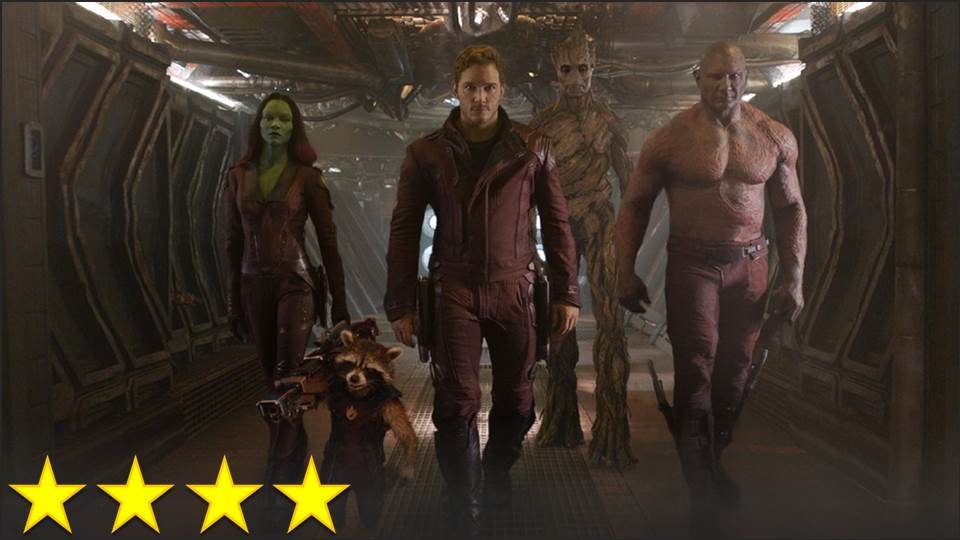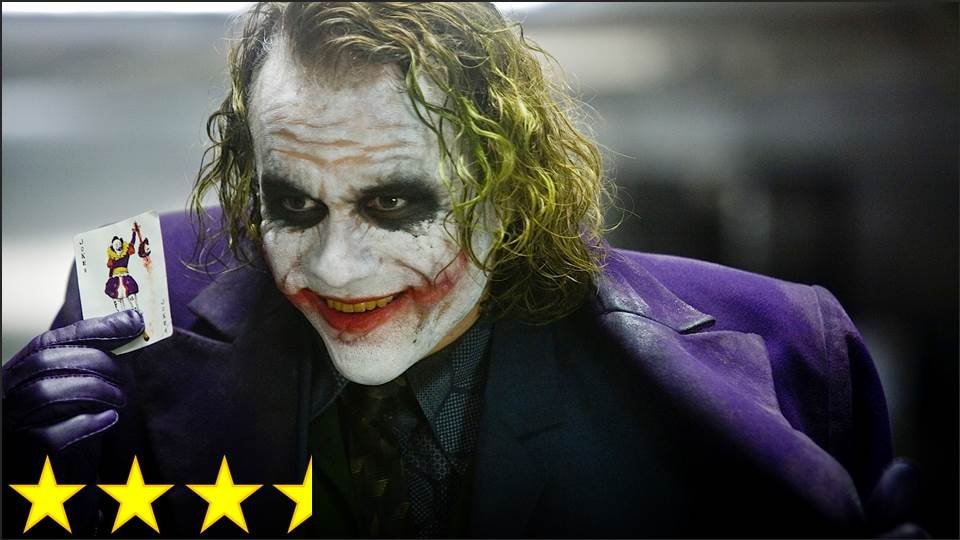This is the short version of this review. I wrote a version that’s so long that a friend of mine found it absurd and practically unreadable. So click here if you want my real thoughts on this movie, or read below to get some of the highlights.
I’m not wild about this film. It’s sub-par. My reasons for thinking this, however, are not all “film snob” reasons – I don’t care about perfect cinematography. What I care about is whether or not the filmmakers gave a darn, and it seems to me that they generally didn’t.
I get annoyed when a movie gets away with pretending it’s more progressive than the cash-grab it is. I get annoyed when a movie acts like it’s offering gritty realism when it’s really just color-graded to make everything gray. I get annoyed when a movie is hailed for being original when its story follows the same beats as every Hollywood movie I’ve seen before. I get annoyed when the editing is so unprofessional that I find myself and the viewers around me getting confused about what’s happening. It’s the kind of laziness that makes me feel awfully disheartened by the state of movies today, and by the state of moviegoers. We’ve grown to accept mediocrity.
I’ll give the movie some credit though. I like a lot of its comedy. Some of its scenes hit the nail on the head when it came to character development, cool-looking “superhero moments,” humor, and sentimentality. Fine. But I’m still upset.
The way in which feminism manifests itself in the film is largely through what I call “Mary Sue’s Revenge” moments. These are scenes in which a female who is obviously highly competent is assumed to need the aid, protection, or mercy of a man, but immediately proves herself to be just as competent as literally anyone could tell she was. The man’s surprise is always the butt of the joke. This kind of scene can be found once in Harry Potter and the Order of the Phoenix, twice in The Force Awakens (as though it’s hard to tell that Rey can fend for herself), and a million times on the Disney Channel, to offer a few examples. It’s old, it’s tired, it assumes men are stupid, it assumes that women being impressive should surprise us, and it’s been done to death.
This is balanced out with several scenes in which Diana is portrayed as a naive girl who believes in fairy tales and has no idea how the world works. In many scenes, she’s the joke of the scene, and men have to explain everything to her, which concerns me. In most other scenes, she proves everyone wrong in a manner like what I described in the last paragraph – demonstrating her unwarranted faith in a fairy tale to be apparently valid – which also concerns me. Can we have one movie in which we’re not surprised when the women are capable, and we’re not rooting for the believer in silly old stories? Heck – her unsupported belief that she had found Eros in Germany led her to kill the wrong man by mistake, and I don’t think of that as promoting positive values.
So here’s the deal. I’m giving the movie an okay rating. It’s not because I think the movie’s all that good. It’s not because the Hollywood execs deserve praise for finally giving audiences what audiences asked for ten years ago. It’s because it’s simply pragmatic for all of us to say we liked this movie so Hollywood will give us more super-heroine movies. Only then can someone make one I’ll really enjoy.





